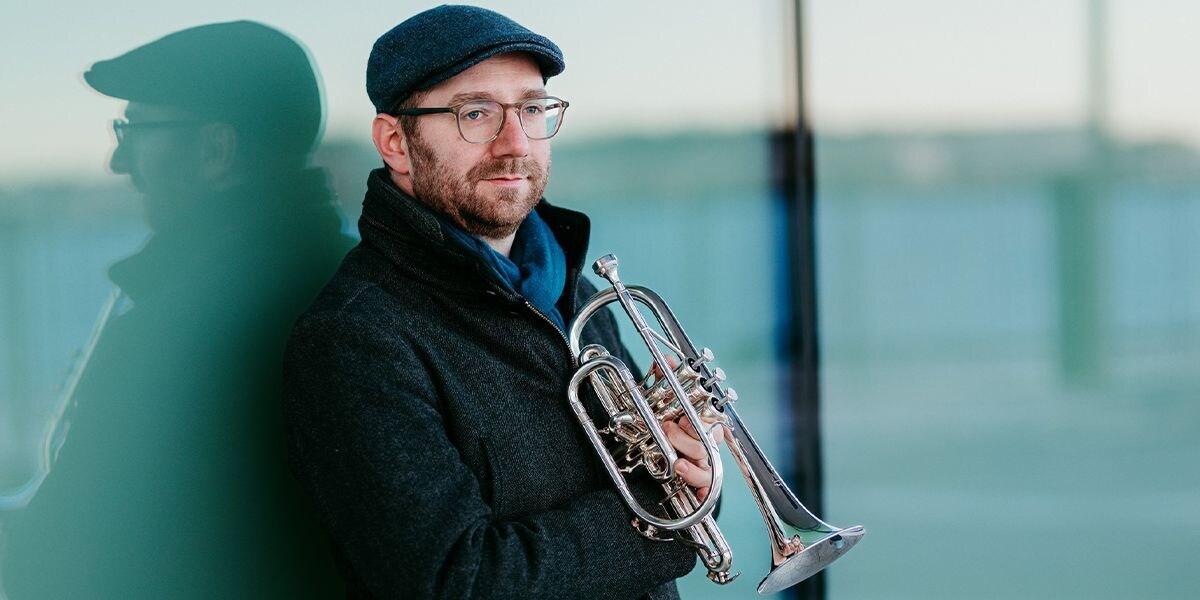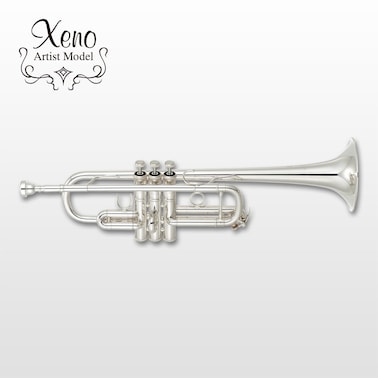Frank Braafhart

With a network of Artist Centres and Ateliers around the world, Yamaha works with leading players to support their performances and develop instrument designs and new ideas for the benefit of all musicians. Yamaha Artists share with us a passion for inspiring the next generation of players, and a belief that everybody should be encouraged to nurture their talent, connect with others and tell their stories through music.
Get to know Yamaha Artist and trumpet player Frank Braafhart
Statement about your relation with Yamaha or your instrument:
I first encountered Yamaha trumpets while studying. My first c trumpet was a Yamaha and I've never changed since. The quality and craftsmanship are unmatched. Yamaha also contributed to my studies by organizing the Yamaha trumpet competition and auditions for the Yamaha music scholarship fund which I won during my studies. Without Yamaha I wouldn't be where I am today.
How does your instrument help you in your daily life as an artist?
In the orchestra the Chicago C trumpet gives me all the security and freedom I need to play to the best of my abilities. It's response and brilliant slotting allow me to play freely in any way I want. It has this quality of sound that is brillant and big at the same time that make sure all the notes are always heard, without forcing anything over the orchestra. Besides my work in Stavanger Symphony Orchestra I play as the principal of Stavanger Brass Band. It reminds me of the joy I experienced when I first started to play as a child and at the same time the quality of the band pushes me to maintain aspects of playing that may not have a big focus as an orchestral player. In the band I play on the NEO cornet which for me is an instrument that is the perfect example of an instrument build for facing challenges of having to be able to play all sorts of different music at all times. It lends it warmth for typical lyrical Brass Band playing but can also be very brilliant and help perform some of the most challenging solos of the Brass Band repertoire. Its flexible, yet has stable intonation and good response on all the registers.
How would you characterise your instrument?
The ultimate orchestral trumpet. Brilliant intonation in all registers. Lifesaver. When I have a bad day my trumpet has my back, because the notes that are usually tricky on especially the c trumpet are just there, but still with an ease of blowing that allows great flexibility. I couldn't imagine doing my work on a different instrument!
Who was your most influential teacher and is there any advice which you still follow?
My most influential teacher was Frits Damrow. He taught me everything I know about playing trumpet. The best lesson he ever gave me was: keep working on your basics. Your standard for playing should be so high that even your worst day is of the highest possible standard.
Advice for young musician:
When you do things fast it usually takes you longer. Do whatever you need to do slowly and with your full attention.
How would you describe the differences and similarities in your role as Principal Trumpet of the Symphony Orchestra on the one hand and as Principal Cornet in a Brass Band?
There might be more similarities between solo trumpet in an orchestra and playing principal in a Brass Band than one would think. Except for trying to play your parts to the best of your ability with the best possible sound, a big part is about making decisions about timing, style and articulation for your group and making sure everyone understands what their job is for the particular music you are playing. The biggest difference between the two roles is that in the Brass Band you must learn that you can't play all the time. You have to delegate more of the work to your colleagues and make sure you are fit for the solos. In the Symphony Orchestra you have your own part and you play always and all time which can be much more demanding.
Stylistically there is quite obvious difference between the two. I would describe it as two different ways of singing in a choir. You sing your part but you can't stick out. You want to blend with the other people singing/playing your exact part and make a good group sound. Whereas in the orchestra you're more like an opera soloist that needs to project their part at all times so its audible even when joined by an entire orchestra or other soloists. In other words as an orchestral player you try to always project your sound outward, be it piano or forte. As a Brass Band player you find yourself playing inward, or inside the ensemble quite a lot in order to create a more homogenous choir sound.


